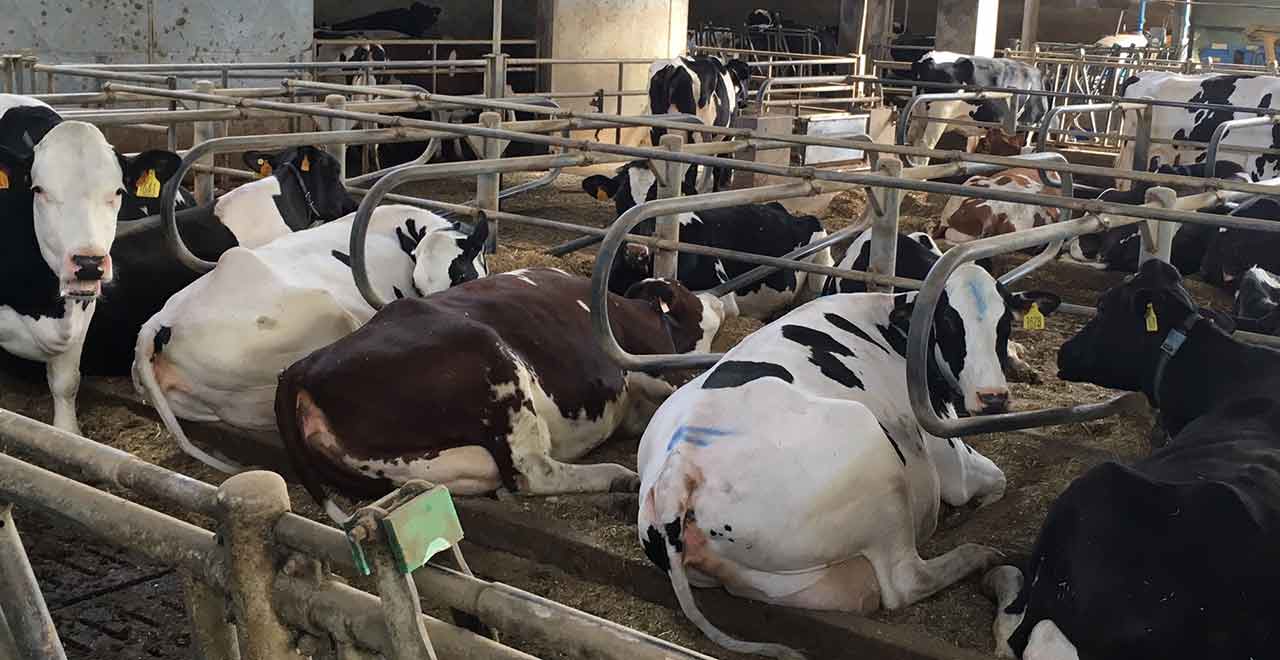The project LIFE TTGG – The Tough Get Going (in which “tough” means hard and semi-hard cheeses that are included in the project) is co-funded by the European Environment and Climate Action Programme (Life 2014-2020) and arises from the synergy between universities, start-ups, manufacturing companies and research organizations.
The project has been developed with the aim of improving the efficiency of the cheese production processes in Europe, reducing environmental impact and thus achieving more sustainable production and consumption. Seven highly qualified partners are part of the project’s consortium: the Grana Padano Consortium, Politecnico di Milano, Università Cattolica del Sacro Cuore of Piacenza, Fondazione Qualivita, oriGIn, Enersem and The French dairy organization (CNIEL), involving the Comité Interprofessionnel de Gestion du Comté.
The achievement of sustainable production and consumption is part of the Agenda 2030, because in one of the seventeen Sustainable Development Goals. Agenda 2030 has been signed in 2015 by the governments of the United Nations and approved by the UN General Assembly. It is an action program for people, the planet and prosperity, which is divided into 17 Sustainable Development Goals and 169 Targets that are the blueprint to achieve a better and more sustainable future for all.
The demand for animal proteins (meat, milk and eggs) in the world has increased in recent decades (FAOSTAT, 2016), but at the same time, animal products have been regarded as unsustainable due to environmental externalities, including greenhouse gas emissions (from feed digestion of livestock such as ruminants), eutrophication, acidification, particulate emissions, land use and land use change. The measure of impacts is a key action in order to effectively reduce the environmental load.
Thus, the project aims to apply the Recommendation 2013/179/EU and its Product Environmental Category Rules (PEFCR) to Dairy products for the evaluation of the environmental performances of two different PDO (Protected Designation of Origin) cheeses: Grana Padano and Comté PDO. The Grana Padano PDO cheese is one of the Italian best-known and most widely consumed cheeses, it accounts for approximately 24% of total milk output in Italy, with 183,000 tonnes produced in 2015 and Comté is the 1st PDO French cheese with a production of 65,600 tons in 2017. As part of the LIFE TTGG the Prof. Maurizio Moschini and Dr Federico Froldi from the Departments of Animal, Food and Nutrition Sciences (DIANA) and Prof. Lucrezia Lamastra and Dr Maria Zucchinelli from the Department of Sustainable Food Process (DISTAS) of the Università Cattolica del Sacro Cuore, are involved in all the actions focused on raw milk production. In fact, they collected data from 68 representative dairy cattle farms in order to estimate and calculate the potential environmental impacts of milk production, as well as identify potentially critical aspects, with the aim of proposing actions to mitigate and reduce the impacts themselves.
The impact assessment has been performed using the PEF methodology. This methodology is similar to a Life Cycle Assessment, which is recognized as one of the most complete and widely used methodological frameworks developed for assessing the environmental impact of products and processes. PEF methodology is robust, science-based, and can be used to quantify all environmental impacts over the life cycle of a product, including emissions to water, air and soil, resource use and depletion, and impacts from land and water use. PEF has product category-specific rules determined by the European Commission that make it more stringent than a regular LCA. Therefore, PEF assessments are more comparable than LCA and can be suitable for benchmarking products or services.
In particular, the main results of the TTGG project are:
• to have developed a database (LCI – Life Cycle Inventory) that will be used by companies to simplify the calculation, reduce time and effort in the Product Environmental Footprint assessment, in compliance with the Product Environmental Category Rules (PEFCR) for Dairy products;
• to have developed an Environmental decision support system (EDSS) available for all EU PDO cheese products (hard and semi-hard cheeses made from cow’s milk) aimed at Environmental Footprint calculation and reduction appraisal;
• to have selected the proposed Best Available Techniques in the entire supply chain (“from cradle to grave” approach, from agricultural stages to end-of-life operations) by the implementation of dedicated software, in order to identify, describe and assess the impact of technical solutions for resource efficiency and environmental impacts reduction on real cases. The software, together to its guidelines, will be translated into 4 languages (English, French, Italian, Spanish) to be used at European level to measure and improve the sustainability of the dairy sector.
The project LIFE TTGG will increase company and consumer awareness towards economically and environmentally sustainable production and consumption. In the future, in fact, what has been developed in the project will be transferred to other European PDO and PGI cheese supply chains, extending the methodology to other European countries.




